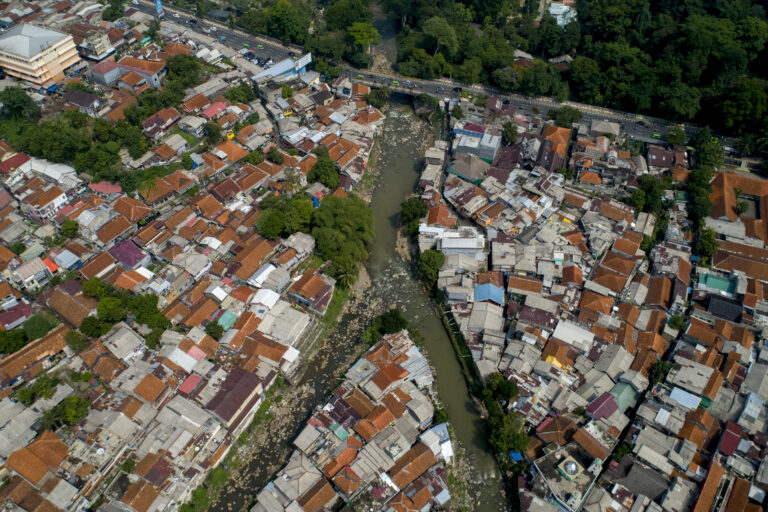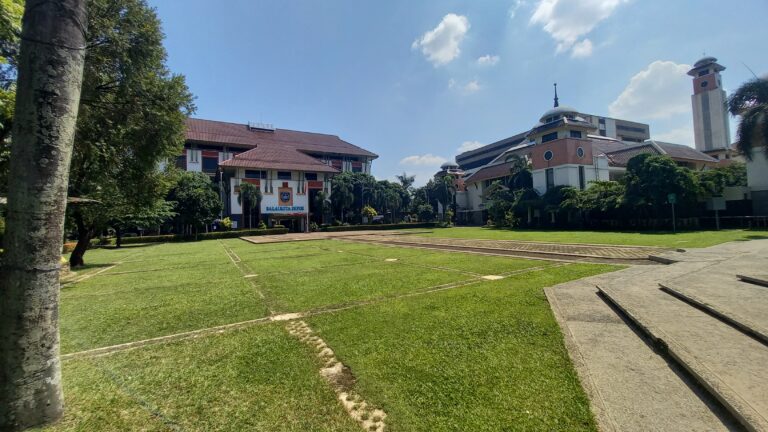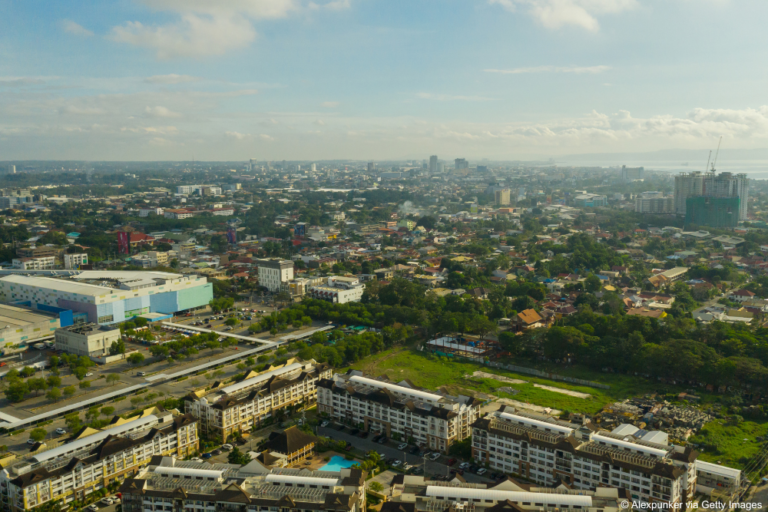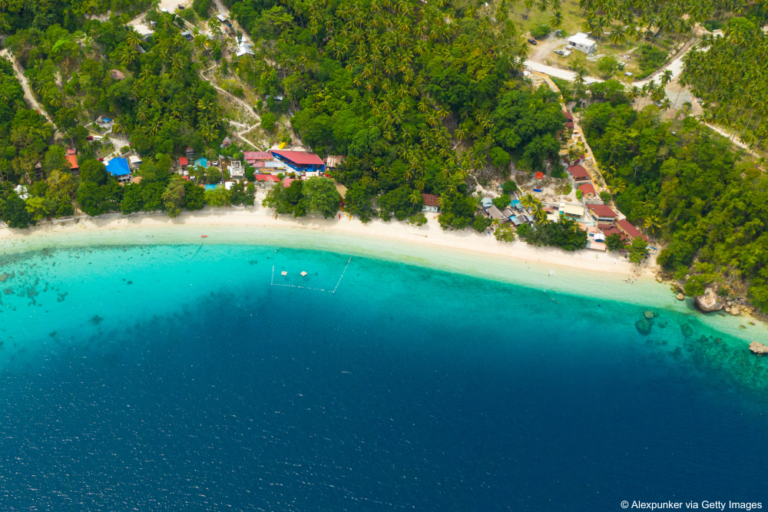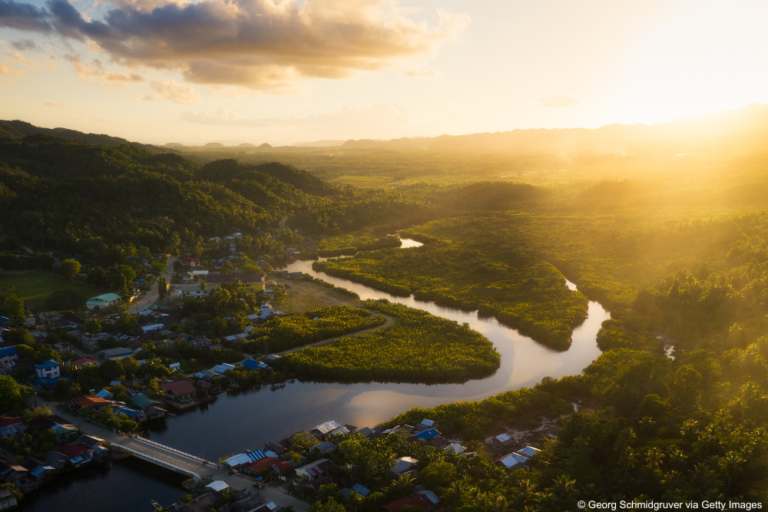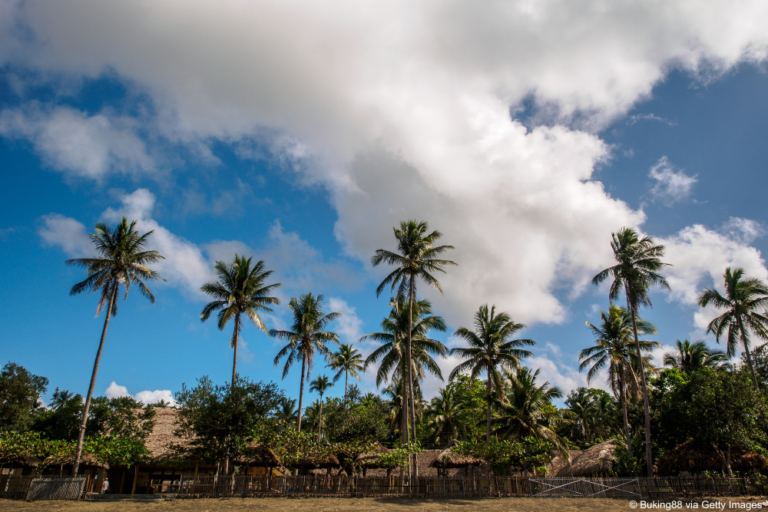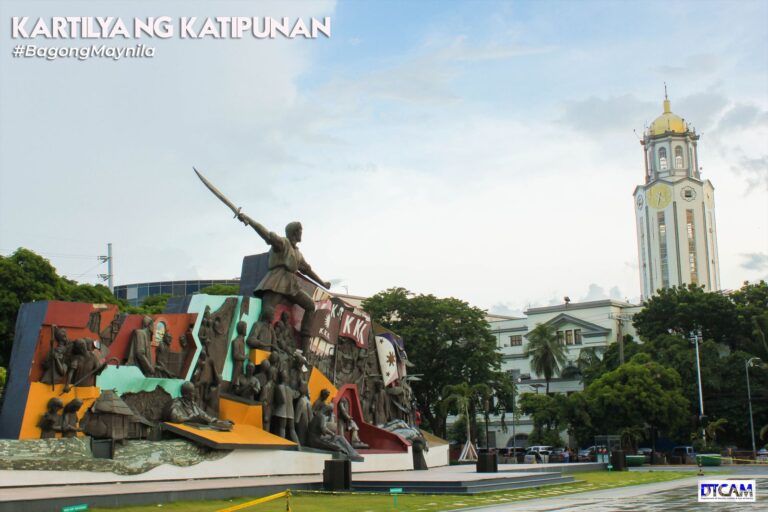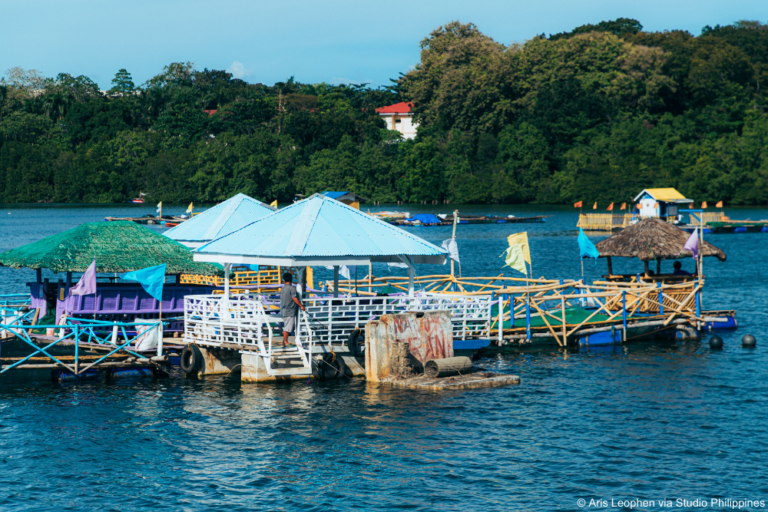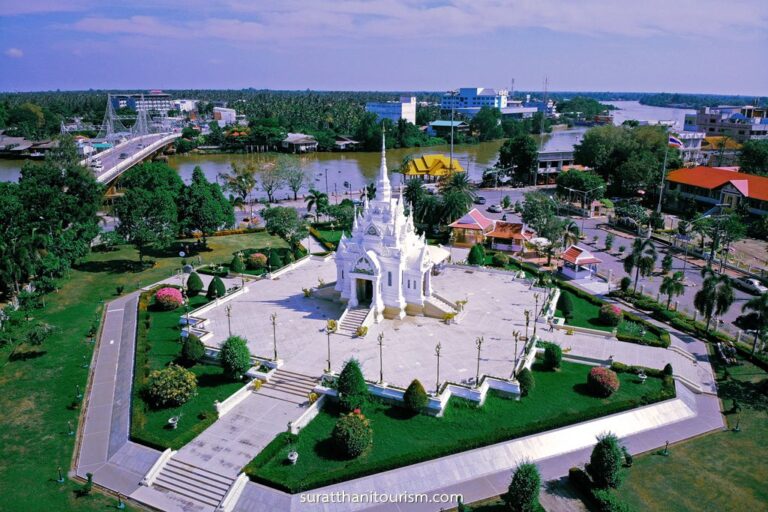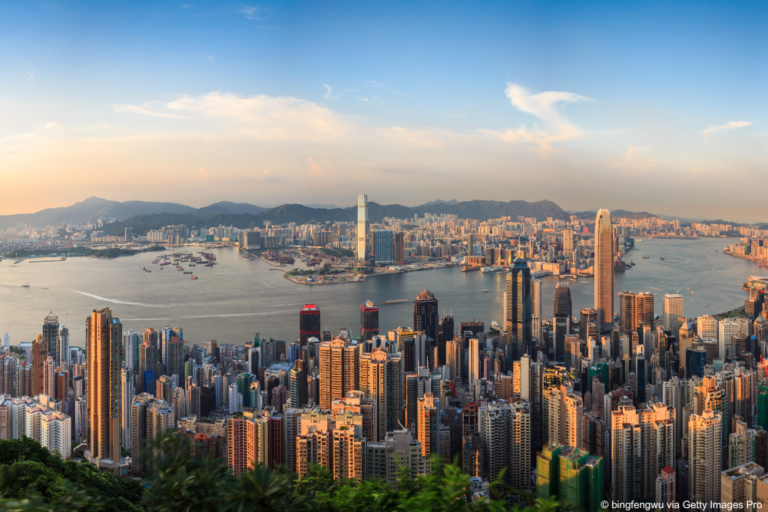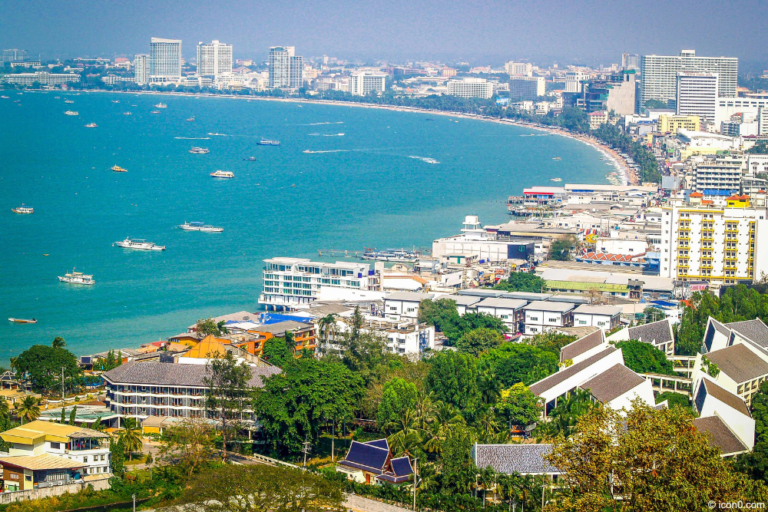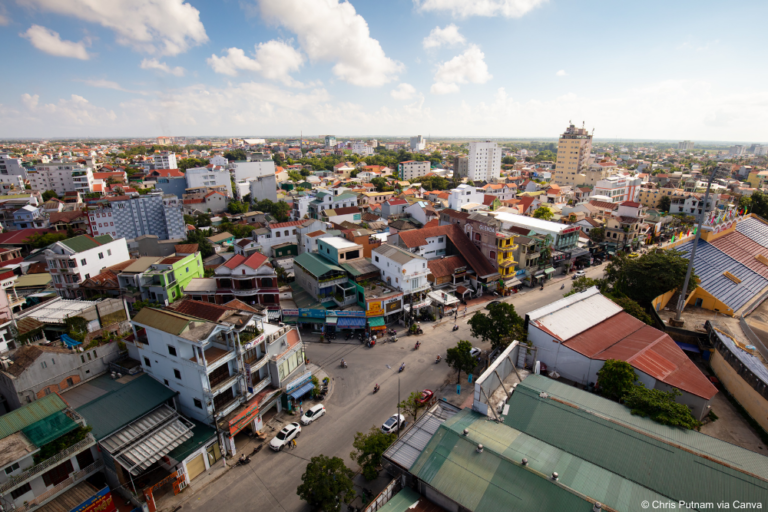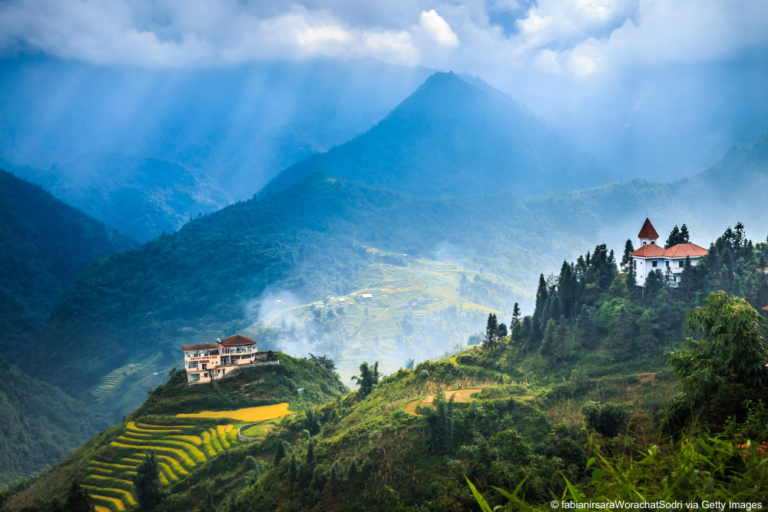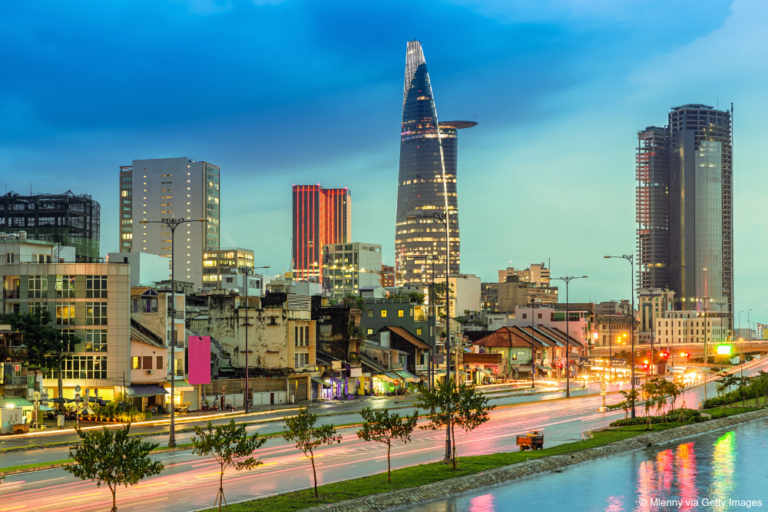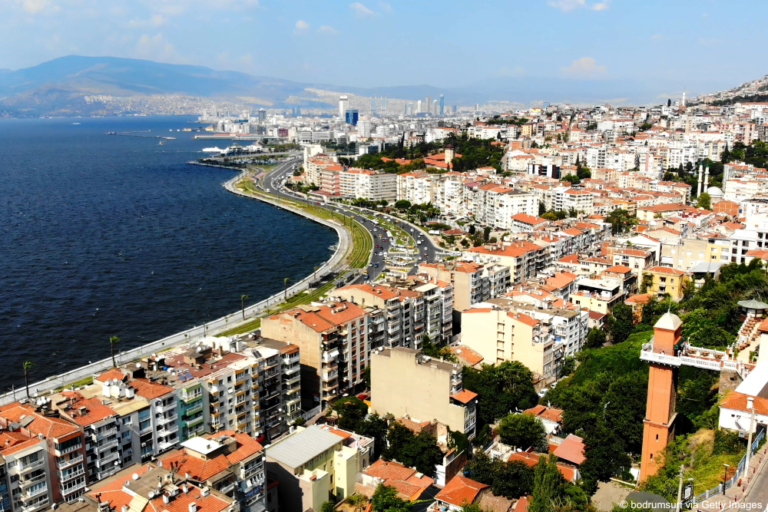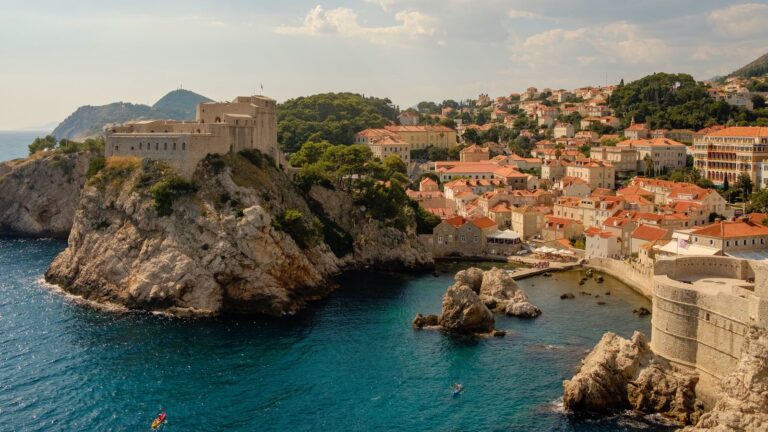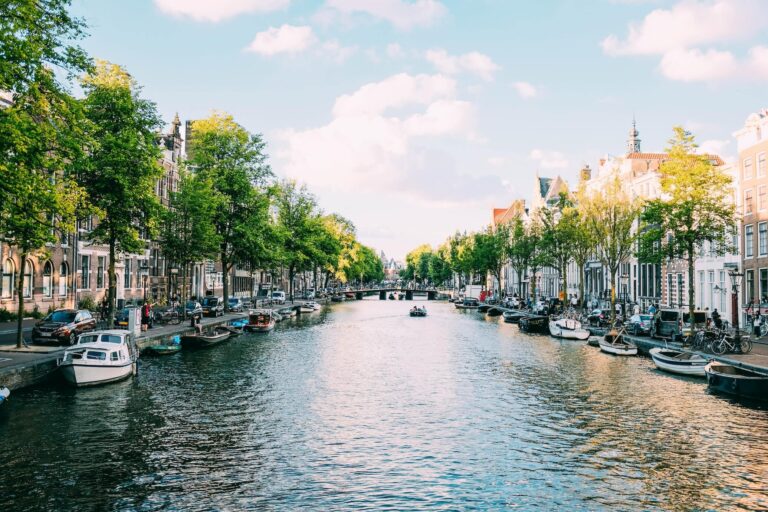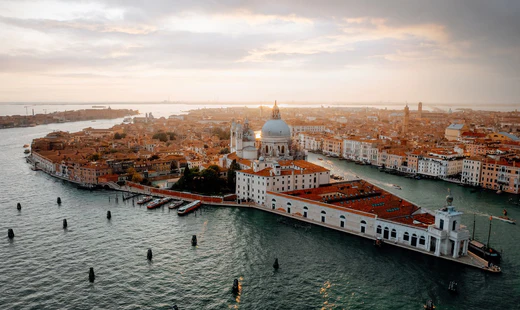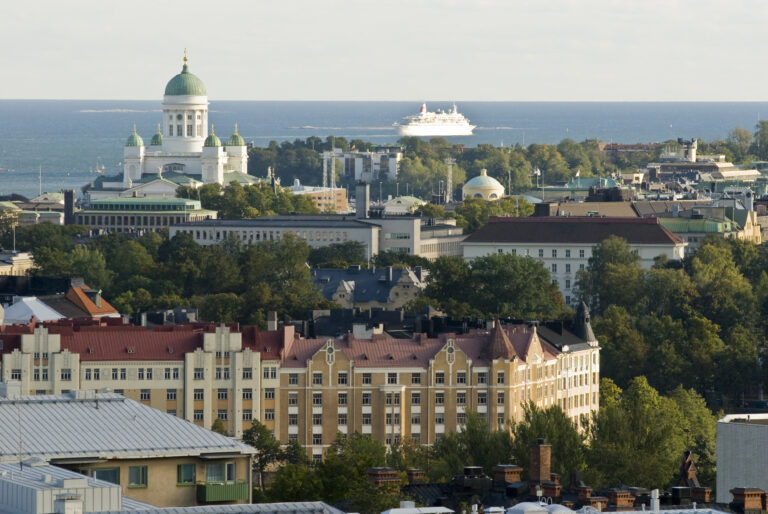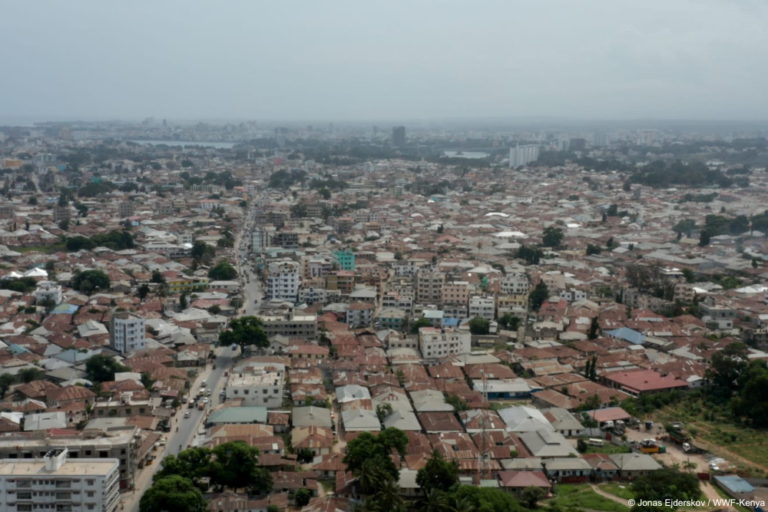Tuy Hoa/Phu Yen is a coastal province in the South-Central Coast, with a population of about 900,000 people. There are 6 districts, 2 towns, and 1 city with a total area of 5,060 km2. Phu Yen has a dense river system, including over 50 big and small rivers, of which 3 main rivers are Ky Lo, Ba, and Ban Thach Rivers. In addition, the 189 km long coastline with many bays, beaches, lagoons, and reefs still possesses wild beauty and diverse ecological landscapes, which are great potential for marine tourism, resorts and ecotourism. Moreover, Phu Yen has many areas of brackish tidal flats, estuaries, lagoons, and bays that are very convenient to develop aquaculture for export. This is a potential and advantages for marine economic development in Phu Yen.
Implementing the Government’s direction to prevent marine plastic, the “Anti-plastic waste” program has been launched nationwide. On January 21, 2019, the Provincial People’s Committee issued Plan No. 21/KH-UBND to launch the “Anti-plastic waste” program in Phu Yen Province in order to urge and provide guidance for awareness raising activities, advocacy and call for joint efforts to reduce environmental pollution.
Currently, Phu Yen province is oriented towards economic development in the direction of openness, linkage, and regional and international economy integration; close connection with social and cultural development, increasing capacity of human resources, eradicating poverty sustainably, especially for ethnic minority and remote and disadvantaged areas; utilizing effectively and economically resources, protecting environment, climate change adaptation and disaster mitigation.
In terms of waste management, the generation of domestic solid waste in Phu Yen province was about 524 tons/day in 2019, of which Tuy Hoa city was 132 tons/day, Song Cau town was 84 tons/day, the remaining 7 districts were around 308 tons/day; volume of waste collection was about 448 tons/day, reaching the rate of 85.5%. In general, the plastic and solid waste generation has caused adverse impacts on the landscape, environment and ecosystem, and therefore will lead to negative economic impacts in the region.
Results of the classification of municipal solid waste in Tuy Hoa City, PhuYen province conducted from November 25th to December 5th, 2019 show that:
- In Phu Yen province, each person discharges about 0.84 kg/person/day. Of the total waste mass, organic waste, plastics, fabric, paper, glass other components respectively account for 60.63%, 18.31%, 8.99%; 5.71%; 1.9%; 4.45%. Organic components account for a large proportion of the weight content, high organic content is appropriate for applying waste treatment technologies such as composting.
- Plastic waste ratios are found with an increase from the residential areas (14.5% to 21%) to collection points (18 ±4%) and landfills (22%±2%). The plastic waste rate of waste generated from markets are higher than households, mainly contain plastic bags, food containers, plastic cups, disposable straw; fabric components account for about 09%; paper components accounted for 5.72%; glass component accounts for 1.89% and other components like broken ceramics, glazed tiles iron and steel account for 4.43%.
- In the process of classifying solid waste components, it has been identified that a high composition of plastic waste, mainly single-used plastic waste, is associated with people’s daily living habits.
Phu Yen province has developed an action plan for marine plastic waste management by 2030, aiming to enhance and effectively implement the management and reduction of solid waste and plastic waste with general objectives as follows:
- Raise awareness on the impacts of plastic waste and urge for behavior change of plastic consumption
- Collect, separate, transport, treat and recycle plastic waste from mainland and marine activities
- Manage marine plastic waste
- Conduct international collaboration, research, and transfer technology of plastic waste treatment
- Develop managing mechanism for marine plastic waste to ensure consistency, efficiency and effectiveness
- Urging for communities’ behavior change to minimize consumption of single-use plastics, through awareness raising on adverse impacts of plastic waste on environment and human health; Limiting consumption of single-use plastics in 80% of tourist destinations and tourist accommodation services in the coastal areas.
- Increasing waste sorting at source and improving efficiency of waste management, collection, transport and treatment to reduce 50% of plastic leakage into the environment; Reducing, collecting, and treating 50% of the abandoned, lost and discarded fishing gears.
- Developing and implementing a monitoring system of natural resources and environment, with regular assessment of solid waste and marine plastic waste in some main estuaries, coastal areas, islets, areas with huge potential for local tourism development; effective participation in international cooperation and implementation of Viet Nam’s initiatives on marine plastic waste management.
- Eradicating hot spots of plastic pollution; conducting impact assessment of marine plastic waste on socio-economic development activities and developing appropriate solutions and strategies for sustainable development in Phu Yen province.
- Reducing 75% of marine plastic waste; 100% of abandoned, lost and discarded fishing gears to be collected, fishermen to stop disposal of fishing gear directly into the sea.
- Limiting consumption of single-use plastics and non-biodegradable plastic bags in 100% of resorts, tourist destinations, tourist accommodation services, and other coastal tourist services.
- Plastic waste collection and cleaning activities will be carried out in 100% marine-protected areas and nature reserves.
- Implementing general monitoring programs annually and assessment every five years of marine plastic waste in a number of main estuaries, coastal areas, and islets, areas with huge potential for provincial tourism development.
- Controlling effectively plastic waste minimization in the province and implementing solutions that integrate marine plastic waste management into provincial programmes in circular economy development, green growth, and sustainable development.
Explore More Cities
VIETNAM | TUY HOA (PHU YEN)
Implementing the Government’s direction to prevent marine plastic, the “Anti-plastic waste” program has been launched nationwide.
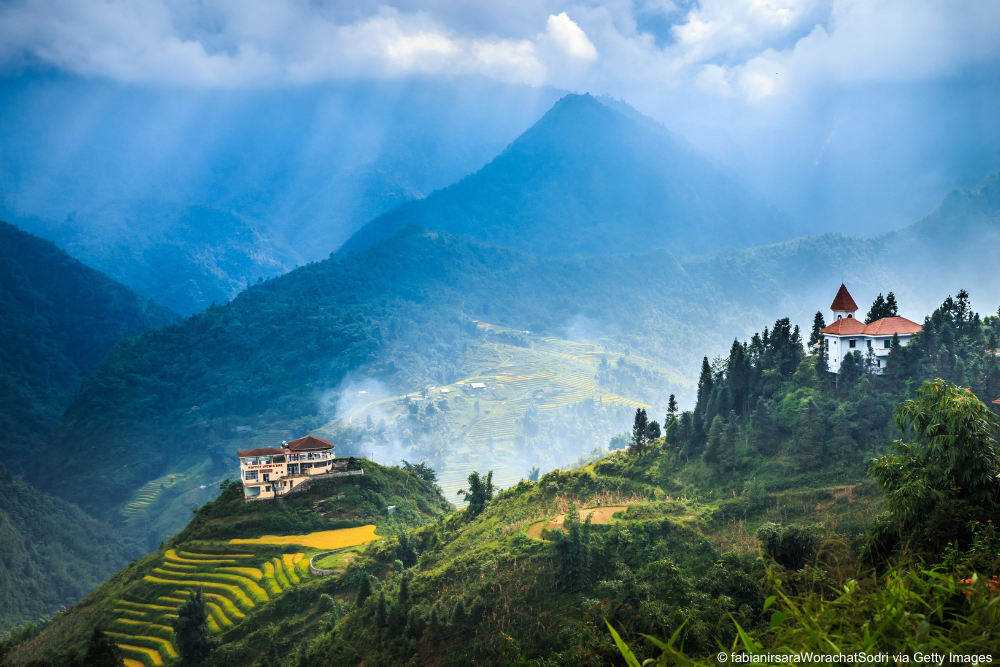
CITY: Phu Yen Province
COUNTRY: Viet Nam
POPULATION: 900.000
MAYOR/GOVERNOR: Phu Yen Province People’s Committee
CITY CONTACT: chicucbvmtpy@gmail.com
OFFICIAL WEBSITE: http://sotnmt.phuyen.gov.vn
Phu Yen is a coastal province in the South-Central Coast, with a population of about 900,000 people. There are 6 districts, 2 towns, and 1 city with a total area of 5,060 km2. Phu Yen has a dense river system, including over 50 big and small rivers, of which 3 main rivers are Ky Lo, Ba, and Ban Thach Rivers. In addition, the 189 km long coastline with many bays, beaches, lagoons, and reefs still possesses wild beauty and diverse ecological landscapes, which are great potential for marine tourism, resorts and ecotourism. Moreover, Phu Yen has many areas of brackish tidal flats, estuaries, lagoons, and bays that are very convenient to develop aquaculture for export. This is a potential and advantages for marine economic development in Phu Yen.
Implementing the Government’s direction to prevent marine plastic, the “Anti-plastic waste” program has been launched nationwide. On January 21, 2019, the Provincial People’s Committee issued Plan No. 21/KH-UBND to launch the “Anti-plastic waste” program in Phu Yen Province in order to urge and provide guidance for awareness raising activities, advocacy and call for joint efforts to reduce environmental pollution.
Currently, Phu Yen province is oriented towards economic development in the direction of openness, linkage, and regional and international economy integration; close connection with social and cultural development, increasing capacity of human resources, eradicating poverty sustainably, especially for ethnic minority and remote and disadvantaged areas; utilizing effectively and economically resources, protecting environment, climate change adaptation and disaster mitigation.
In terms of waste management, the generation of domestic solid waste in Phu Yen province was about 524 tons/day in 2019, of which Tuy Hoa city was 132 tons/day, Song Cau town was 84 tons/day, the remaining 7 districts were around 308 tons/day; volume of waste collection was about 448 tons/day, reaching the rate of 85.5%. In general, the plastic and solid waste generation has caused adverse impacts on the landscape, environment and ecosystem, and therefore will lead to negative economic impacts in the region.
Results of the classification of municipal solid waste in Tuy Hoa City, PhuYen province conducted from November 25th to December 5th, 2019 show that:
- In Phu Yen province, each person discharges about 0.84 kg/person/day. Of the total waste mass, organic waste, plastics, fabric, paper, glass other components respectively account for 60.63%, 18.31%, 8.99%; 5.71%; 1.9%; 4.45%. Organic components account for a large proportion of the weight content, high organic content is appropriate for applying waste treatment technologies such as composting.
- Plastic waste ratios are found with an increase from the residential areas (14.5% to 21%) to collection points (18 ±4%) and landfills (22%±2%). The plastic waste rate of waste generated from markets are higher than households, mainly contain plastic bags, food containers, plastic cups, disposable straw; fabric components account for about 09%; paper components accounted for 5.72%; glass component accounts for 1.89% and other components like broken ceramics, glazed tiles iron and steel account for 4.43%.
- In the process of classifying solid waste components, it has been identified that a high composition of plastic waste, mainly single-used plastic waste, is associated with people's daily living habits.
Phu Yen province has developed an action plan for marine plastic waste management by 2030, aiming to enhance and effectively implement the management and reduction of solid waste and plastic waste with general objectives as follows:
- Raise awareness on the impacts of plastic waste and urge for behavior change of plastic consumption
- Collect, separate, transport, treat and recycle plastic waste from mainland and marine activities
- Manage marine plastic waste
- Conduct international collaboration, research, and transfer technology of plastic waste treatment
- Develop managing mechanism for marine plastic waste to ensure consistency, efficiency and effectiveness
Specific objectives
By 2025
- Urging for communities’ behavior change to minimize consumption of single-use plastics, through awareness raising on adverse impacts of plastic waste on environment and human health; Limiting consumption of single-use plastics in 80% of tourist destinations and tourist accommodation services in the coastal areas.
- Increasing waste sorting at source and improving efficiency of waste management, collection, transport and treatment to reduce 50% of plastic leakage into the environment; Reducing, collecting, and treating 50% of the abandoned, lost and discarded fishing gears.
- Developing and implementing a monitoring system of natural resources and environment, with regular assessment of solid waste and marine plastic waste in some main estuaries, coastal areas, islets, areas with huge potential for local tourism development; effective participation in international cooperation and implementation of Viet Nam’s initiatives on marine plastic waste management.
- Eradicating hot spots of plastic pollution; conducting impact assessment of marine plastic waste on socio-economic development activities and developing appropriate solutions and strategies for sustainable development in Phu Yen province.
By 2030
- Reducing 75% of marine plastic waste; 100% of abandoned, lost and discarded fishing gears to be collected, fishermen to stop disposal of fishing gear directly into the sea.
- Limiting consumption of single-use plastics and non-biodegradable plastic bags in 100% of resorts, tourist destinations, tourist accommodation services, and other coastal tourist services.
- Plastic waste collection and cleaning activities will be carried out in 100% marine-protected areas and nature reserves.
- Implementing general monitoring programs annually and assessment every five years of marine plastic waste in a number of main estuaries, coastal areas, and islets, areas with huge potential for provincial tourism development.
- Controlling effectively plastic waste minimization in the province and implementing solutions that integrate marine plastic waste management into provincial programmes in circular economy development, green growth, and sustainable development.
Phu Yen province has developed an action plan for marine plastic waste management by 2030, aiming to enhance and effectively implement the management and reduction of solid waste and plastic waste with general objectives as follows:
- Raise awareness on the impacts of plastic waste and urge for behavior change of plastic consumption
- Collect, separate, transport, treat and recycle plastic waste from mainland and marine activities
- Manage marine plastic waste
- Conduct international collaboration, research, and transfer technology of plastic waste treatment
- Develop managing mechanism for marine plastic waste to ensure consistency, efficiency and effectiveness
Playlist
Explore other cities in Asia






Geocoding Error Occured.
Tried to Geocode:
Error Type:
Please be sure to follow the tutorial on how to setup the Google APIs required for the Advanced Google Map Widget.
Google Map API Key Tutorial